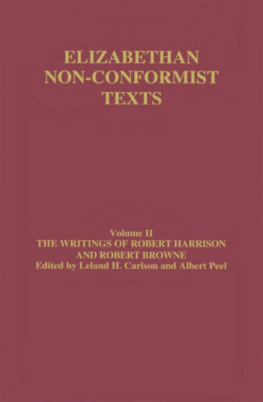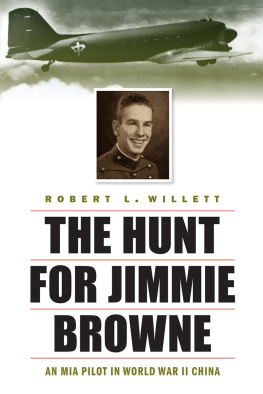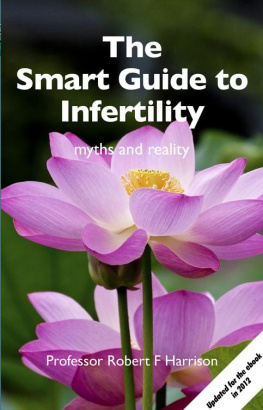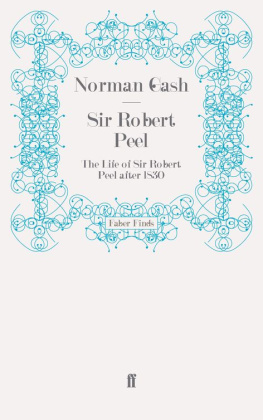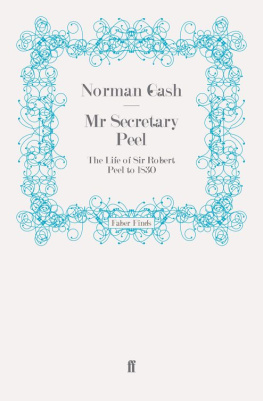ELIZABETHAN NON-CONFORMIST TEXTS
ELIZABETHAN NON-CONFORMIST TEXTS
VOLUME I
Cartwrightiana
Edited by Albert Peel and Leland H. Carlson
VOLUME II
The writings of Robert Harrison and Robert Browne
Edited by Leland H. Carlson and Albert Peel
VOLUME III
The writings of Henry Barrow 15871590
Edited by Leland H. Carlson
VOLUME IV
The writings of John Greenwood 15871590
Edited by Leland H. Carlson
VOLUME V
The writings of Henry Barrow 15901591
Edited by Leland H. Carlson
VOLUME VI
The writings of John Greenwood and Henry Barrow 15911593
Edited by Leland H. Carlson
First published 1953
by George Allen & Unwin Ltd
Published 2014 by Routledge
2 Park Square, Milton Park, Abingdon, Oxon 0X14 4RN
Simultaneously published in the USA and Canada
by Routledge
711 Third Avenue, New York, NY, 10017, USA
Routledge is an imprint of the Taylor & Francis Group, an informa business
1953 Leland H. Carlson and Albert Peel
Typeset in Times by Keystroke, Jacaranda Lodge, Wolverhampton
All rights reserved. No part of this book may be reprinted or reproduced or utilised in any form or by any electronic, mechanical, or other means, now known or hereafter invented, including photocopying and recording, or in any information storage or retrieval system, without permission in writing from the publishers.
British Library Cataloguing in Publication Data
A catalogue record for this book is available from the British Library
Library of Congress Cataloging in Publication Data
A catalog record for this book has been requested.
ISBN 13: 978-0-415-31990-4 (hbk)
ISBN 13: 978-0-415-86451-0 (pbk)
Publishers note
The Publisher has gone to great lengths to ensure the quality of this reprint but points out that some imperfections in the original book may be apparent
THE WRITINGS OF ROBERT HARRISON AND ROBERT BROWNE
Edited by
ALBERT PEEL
LITT. D.
and
LE LAND H. CARLSON
PH. D.
T HIS is the second volume in the series on Elizabethan Nonconformist Texts. Volume I was issued as Cartwrightiana in 1951. Although Thomas Cartwright was not a Brownist, a Barrowist, an Independent, or a Congregationalist, the unpublished writings of this Presbyterian leader were so interlocked with those of the Independents that they were issued as the first in the series.
Volume II presents for the first time the collected works of Robert Harrison and Robert Browne. There are five separate works of Harrison and ten separate works of Browne. Although this volume is as complete as we have been able to make it, there is always the possibility that some lost work may be discovered. This is especially true of Browne, whose writings, known to have been written but undiscovered, are listed in the present volume (). Inasmuch as Harrison was slightly older than Browne, and since his writings as a group antedate those of Browne, they have been placed first.
It is the hope of the present editor that these writings of the early nonconformists will further the work of students of Tudor history. After the completion of a corpus of nonconformist writings, Dr. Peel had planned to write a volume on Elizabethan Puritanism, but his untimely death precluded that hope. He took great satisfaction, however, in the knowledge that he was making available source materials that would facilitate the work of other scholars in the field of Elizabethan Nonconformity.
The task of assuming the editorship upon the death of Dr. Peel has not always been easy. I have sought to continue his work in the same way that he would have planned, and I can only hope that the present volume would meet with his approval. Where our judgments differ, I have preferred his to mine. For example, in the matter of putting the writings of Harrison before those of Browne, I should have preferred to have those of Browne come first, since they are more important, but I deferred to the judgment of Dr. Peel, whose knowledge is greater than mine. I have tried to make the text as accurate as possible, but the variants in the sources, the difficulties in the reading of manuscripts, and the peculiarities of Elizabethan writing, spelling, and abbreviations have made me painfully conscious of the possibility of errors.
At the present time I am engaged in the work of editing the third and fourth volumes on the writings of Henry Barrow and John Greenwood. Volume V is to be devoted to the writings of John Penry, and Volumes VI - VII to A Parte of a Register.
There remains the pleasant task of making acknowledgments. To Mrs. Albert Peel and Miss Margaret Peel I feel deeply grateful. For their interest in this series, and their suggestion that I undertake it, I express my thanks to Professor Herbert Heaton of the University of Minnesota, Professor Marshall Knappen of the University of Michigan, and Professor J. E. Neale of the University of London. I owe a debt of gratitude to the attendants at the British Museum, the Public Record Office, the Lambeth Palace Library, Dr. Williamss Library, Union Theological Seminary Library, New York Public Library, Library of Congress, Northwestern University Library, Newberry Library, and the Huntington Library. Likewise, to the officials and staff of the Bodleian Library, the University Library, Cambridge, Trinity College Library, the Houghton Library at Harvard, and the Sterling Memorial Library at Yale, I wish to acknowledge my great indebtedness.
My obligations to Northwestern University are heavy. To Dr. Gray C. Boyce, chairman of the department of history, I express my sincere thanks for assistance, encouragement, and unfailing kindness. I feel deeply grateful to Dean Simeon E. Leland, who made possible my trip to England, and to Dean Arthur R. Tebbutt, who has given generous financial assistance to my research. To the Committee on Research of the Graduate School of Northwestern University, and to Dr. Moody E. Prior, Dean of the Graduate School, and to my colleagues in the department of history, I wish to record my appreciation.
I have drawn inspiration from the friendship and books and ideas of Professor Pieter Geyl, of the University of Utrecht, and to him I express my gratitude for his reading and correcting the introduction.
To the American Philosophical Society, and to its executive officer, Luther P. Eisenhart, I am deeply indebted for a generous grant which made possible my return to England, and which enabled me to complete this volume and see it through the press.
It is a pleasure to acknowledge the many hours of unselfish toil which Charles E. Surman gave to the reading of this work. The dedication of this book to him is a joy to me personally, and a tribute to him for his work as research secretary of the Congregational Historical Society and for his close association and friendly co-operation with Dr. Peel.
My obligations to my wife and family exceed the Miltonic sentiment that they also serve who not only stand and wait, but help in so many other ways. To Miss Dallas Fincham I tender my thanks for her expert typing of very difficult material.



